WSU admissions in ‘demographic drought’
October 13, 2021
Winona State University’s admission numbers went down drastically this school year. Due to this, West Campus was shut down over the summer, displacing 200 students who had planned to live there this school year. However, West Campus typically holds three times that amount of students.
Winona State is not the only college affected by lower admissions this year, Many colleges are suffering admission losses due to COVID-19, which largely contributed to the drop in admissions for the current school year.
“Updated figures from the National Student Clearinghouse Research Center (NSCRC) show that overall college enrollment fell to 16.9 million students this spring, down more than 600,000 students from a year ago,” Forbes stated in 2021.
Although this trend is common, some colleges are seeing admission numbers going up compared to last year, such as University of Madison – Wisconsin, a college about three hours away from Winona), which had a 17% increase in admissions this year.
The Interim Director of Admissions at Winona State, Kendra Weber, talked about the loss of incoming students.
“The state of Minnesota is experiencing a bit of a demographic drought in the numbers of students graduating from high school, which won’t really pick up again until around the 2023-24 academic year. Our goal is to increase enrollment for Fall 2022, but we’re unlikely to see a huge increase in numbers,” Weber said.
But something unique is happening within the decline in admissions. The demographic of white males has fallen drastically in the past year and minority students are filling that gap.
“Nationwide there is a trend of fewer males going to college or university in general and Winona State is not an exception. We’ve seen our enrollment of male students going down over time. In addition, the number of white students graduating from Minnesota high schools is also declining, while students of color are making up a greater proportion of our state’s high school graduates,” Weber said.
Dr. Tamara Berg, a professor at Winona State who teaches women’s, gender and sexuality studies courses, also spoke on what she has heard about this declining demographic.
“Although Winona State is not targeting white males specifically for admissions, there has been talk that white men should be easy to get back in the admittance pool,” Berg said.
Berg continued, saying one reason why white men are leaving college is due to conservative values. “No Campus for White Men” by Scott Greer talks about this notion fully, she said.
“This book believes that some white men believe that college has an obsession with diversity, victimization and identity politics, which can stray them away from colleges, believing that it is a strictly liberal place,” Berg said.
Weber said she is hopeful Winona State will admit more males and have a more balanced college, demographically.
“We would love to see our gender balance shift to be more equitable but recognize that it’s not an issue unique to WSU,” Weber said.
Weber also stated the school is accepting students of all races
and genders.
“We are recruiting high school students and potential transfer students of all races and genders. We don’t have a specific tactic focused on white men,” Weber said.
Berg, however, said she thinks Winona State could achieve higher admission numbers by focusing on diversifying the student community.
“The idea that if a student chooses to go to college, they will receive (on average) a million dollars more is very misleading because it does not account the wage gap in the diverse pool of students. White women make less than white men and women of color make less than white women and so on. I think if Winona State focuses on getting more diverse students, the admissions will go up,” Berg said.
Berg also explained how some colleges are giving affirmative action to white males due to this lowering demographic.
“Before COVID, 1 in 5 women reported having unwanted sexual contact while at Winona State, which was also a huge impact in students transferring and dropping out. So, we started to create [the] RE initiative, which is gone now due to last year’s pandemic,” Berg said.
Berg also said that anyone going through gender based sexual violence, racial violence or LGBTQ+ violence has access to the new Confidential Advocate faculty member, Jessica Schulz.
Berg is trying to continue cultivating spaces for all students to go to share concerns or ask for help, no matter the issue. Ideally, this would be an inclusive space for all students to be able to express themselves, which could also help retain students at the school.
“A diverse campus is the best campus,” Berg said.























































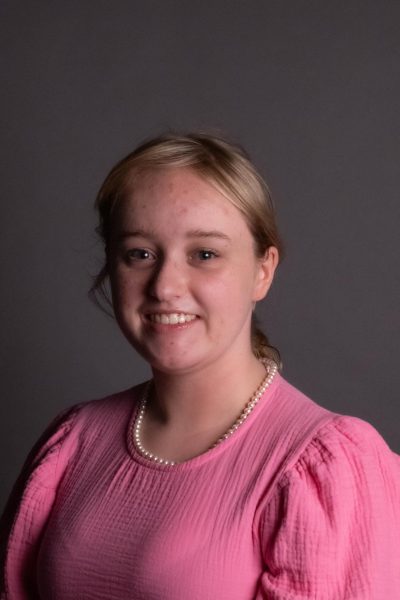





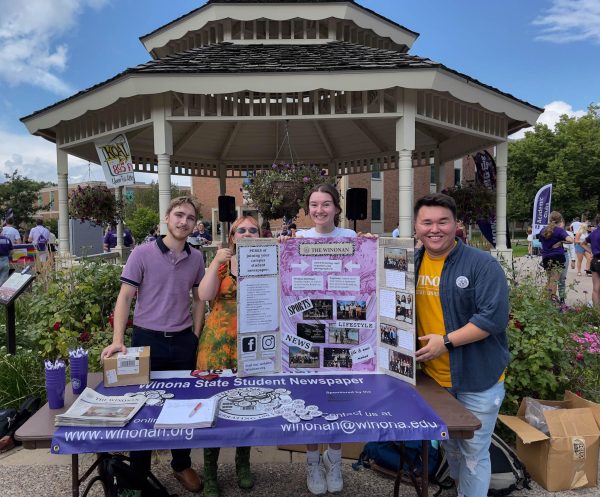
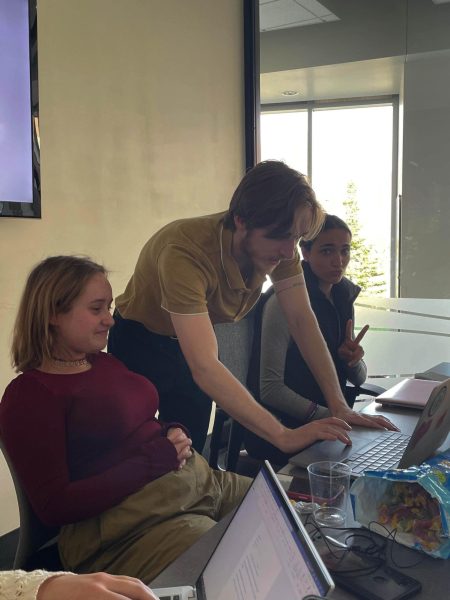
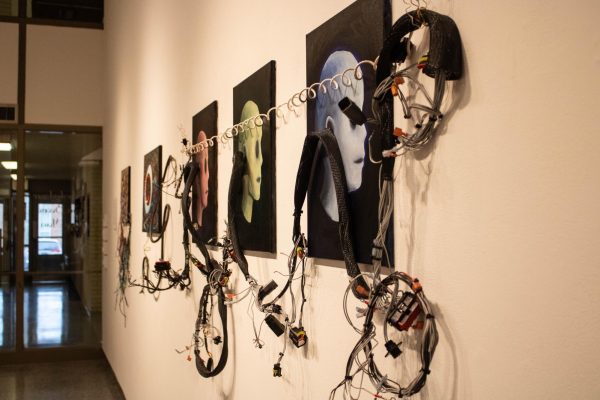
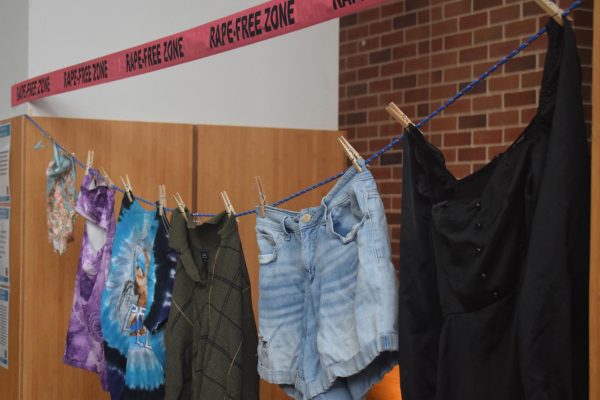



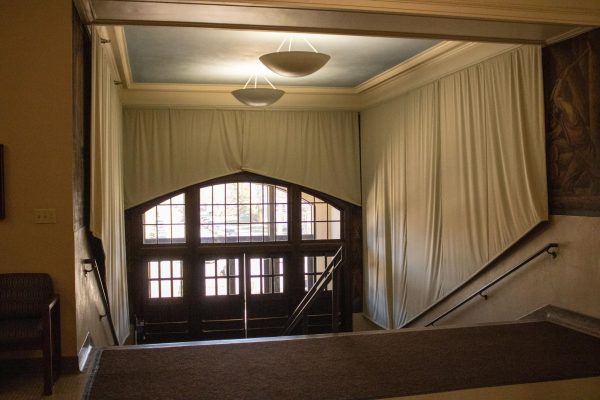

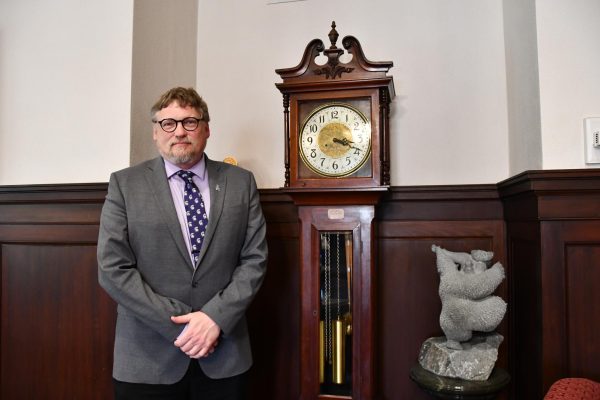
Jenn • May 11, 2022 at 11:13 am
Wouldn’t it be more important to educate as many people in the community and greater area as possible, and not specifically target some people over others? Isn’t that the opposite of inclusionary, but rather exclusionary?